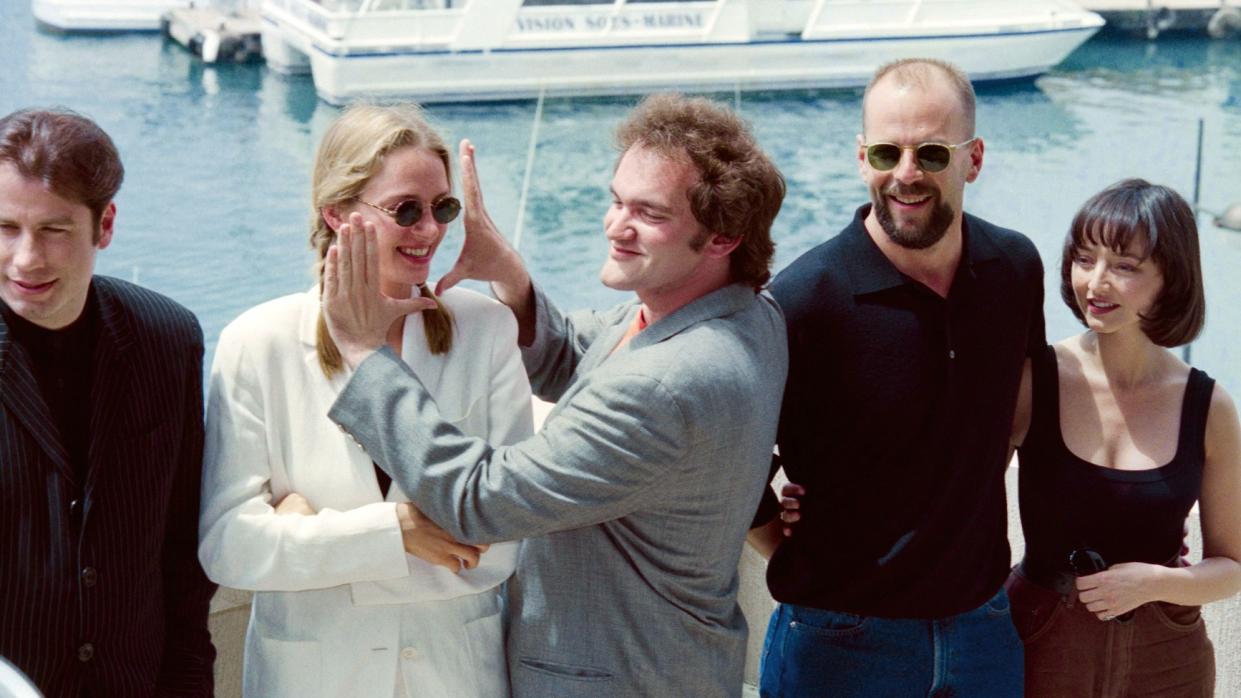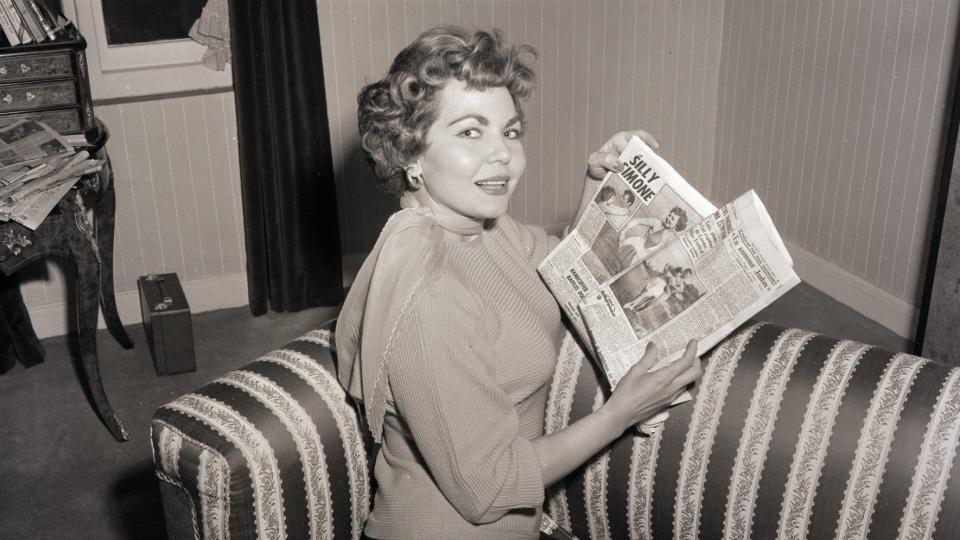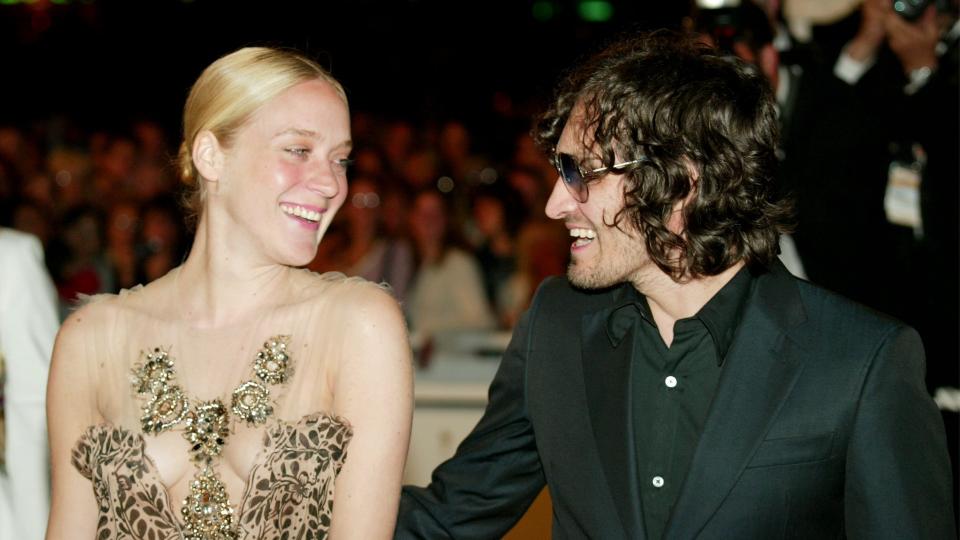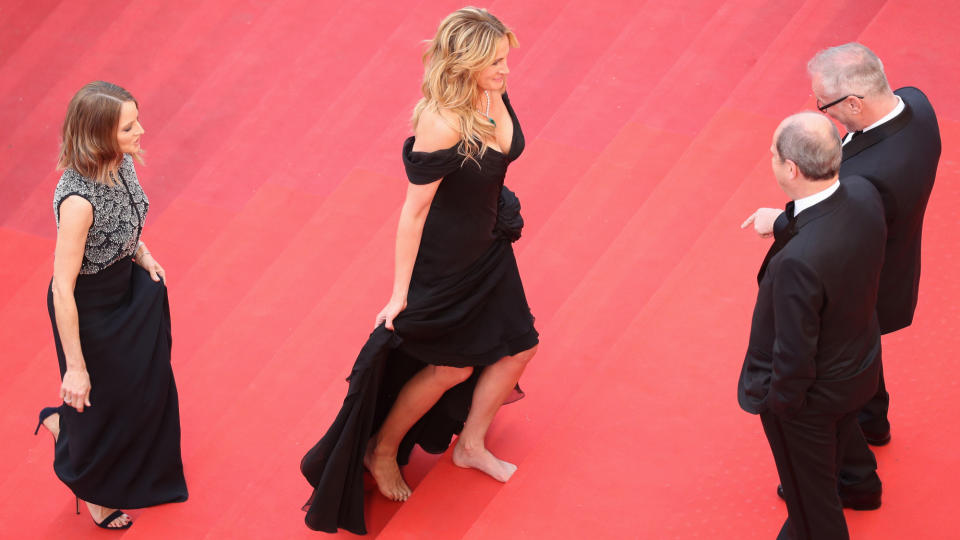Cannes controversies: the film festival's history of feuds and fallouts

This year's Cannes Film Festival is shaping up to be the most controversial yet, but the Côte d'Azur's annual shindig has been beset by real-life drama throughout its long history.
The headline-grabbing festival dates back to 1939, when the French decided to host an alternative to the Venice Film Festival – "then a vehicle for Nazi propaganda movies", said CNN. But the French event was cancelled after a boatload of Hollywood stars had already arrived, because the Second World War broke out.
Barred for baring
Images of Brigitte Bardot sunbathing topless in the 1960s helped popularise the practice, but a British "B-movie actress and glamour model" called Simone Silva did it first "during an infamous incident at the 1954 festival", said CNN. Hungry for "exposure", Silva took off her top during a beach photoshoot with Robert Mitchum. During the "ensuing scrum", three photographers fell into the Mediterranean, a fourth broke his ankle and another suffered a fractured elbow. Silva was subsequently asked to leave the festival.

Meaningful gestures
Quentin Tarantino's thriller "Pulp Fiction" appeared to have "hit the nail on the head" as it received the Palme d'Or for best film of the year in 1994, said Numero. But the director's triumph was marred by an audience member who shouted that his film was a "piece of crap". Tarantino responded by giving the protester the finger as he accepted the prize from Kathleen Turner.
Party pigeons
The cast of Michael Winterbottom's "24 Hour Party People" were asked to leave a private Cannes beach in 2001 after they "attacked" each other with "stuffed pigeons", said CNN, "splattering diners at an exclusive restaurant with fake blood, feathers and worse". The "ill-judged publicity stunt" was dreamed up by actor Danny Cunningham, who played Happy Mondays singer Shaun Ryder in the film. The actor said the gory fight was inspired by an alleged real-life incident, featured in the movie, that saw a youthful Ryder poison "3,000 Manchester pigeons with crack cocaine".
Mass walk-out
The 2003 screening of "Irreversible", Argentinian director Gaspar Noé's "brutal rape drama", saw "hundreds of audience members walk out", said Screen Daily, and "several more pass out". The brother of the film's star Vincent Cassel was even "moved to shout abuse at the director across the auditorium". Newsweek subsequently predicted, in an article titled "How far is too far?", that "Irreversible" would become "the most walked-out-of movie of 2003".
Unhappy bunnies
Another 2003 Cannes row erupted after Vincent Gallo debuted his film "The Brown Bunny", an "incoherent road movie with a graphic, unsimulated oral sex scene", said CNN. The audience "booed in boredom and disgust", and critic Roger Ebert dubbed it "the worst film in the history of the festival". A war of words ensued, with Gallo calling Ebert a "fat pig" and "putting a hex on his colon and saying he hoped he got cancer".

Red-carpet rules
In 2015, "multiple women were reportedly barred" from the screening of "Carol" for not wearing heels, said Vanity Fair. The festival declined to comment, but did confirm that it was obligatory for all women to wear high heels to red-carpet screenings. But the following year, Julia Roberts "decided otherwise", and removed her stilettos to walk up the steps at the "Money Monster" premiere, in which she starred, in what appeared to be a "statement about her independence, her freedom, but also her feminist beliefs".

A stop to selfies
In 2018, festival chief Thierry Frémaux exerted his rule over the "gala goings-on" to ban red-carpet selfies, said Vanity Fair. Frémaux claimed the "ridiculous," "trivial" and "grotesque" practice was causing red-carpet logjams, but his decision made Cannes appear "wildly snobbish and behind the times". Happily for fans, "the stars didn't listen".

